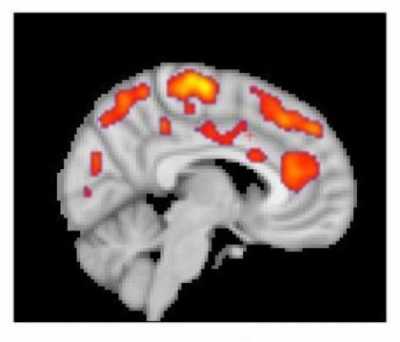
02 Mar Dealing with an Alzheimers Diagnosis 101
If you have recently been diagnosed with Alzheimer’s disease, or indeed another memory-based illness, you will understandably be feeling as if you are falling into a hole of emotions.
However, rather than being something that you are entirely not in control of, quite the opposite is true, and channeling how you feel into taking control of your future is one of the fundamental, most effective ways to cope.
With that being said, continue reading this post: Dealing with an Alzheimer’s Diagnosis: 101.
Confront & Explore Your Emotions
Even though it is entirely true that a diagnosis of Alzheimer’s does not just affect you but everyone around you, you are the only person who can decide how you are going to handle the present and the future.
There are many effective ways other people who have been diagnosed with Alzheimer’s disease choose to explore and confront what they are feeling, and below lists some of the most popular. Hopefully, one or more methods may well work for you:
- Talking things through with your medical doctor.
- Surrounding yourself with your friends and family members who will listen.
- Taking part in early-stage support groups with other people experiencing the same.
- Starting a journal where you record how you feel and what you are thinking.
Discuss the Future with Your Loved Ones
Being pragmatic is undoubtedly an effective coping mechanism and one that you may well not be thinking about right now, but it could be a way of taking back control in the future.
Discussing various options with your trusted friends and family members – in terms of living options and care and treatment routes as the diagnosis (hopefully slowly) progresses – is certainly a practical approach. Moreover, if this does seem to bring you some comfort and power in your own mind, then you could even start to look into memory care options for when the eventual time comes that you need round-the-clock care.
As an example of what to look for when researching this type of care, take a look at the memory care facilities Arizona has to offer – these are the kinds of centers that help care for many people with Alzheimer’s and provide specialized care and facilities for their residents.
Please Remember: You Are Not Alone
Not only do you have your loved ones who will do everything they can to support you, both now and in the future, but it is also essential to know that an entire community is experiencing exactly what you are.
Even though a diagnosis, caught early or not, of any memory-based illness can make a person feel isolated and alone, this is absolutely not the case by any stretch of the imagination. It can often feel as if there is nobody out there who can ever understand what you are thinking and feeling, which is why it is so important to reach out to support groups and talk things through with your doctor to remain connected.
If you, certainly in the beginning, do not feel up to facing your diagnosis in such a public way, then you could instead turn to online support communities. Social media sites like Facebook have a plethora of anonymous and private groups for people who have been diagnosed with Alzheimer’s to meet and discuss their feelings.
The information on MedicalResearch.com is provided for educational purposes only, and is in no way intended to diagnose, cure, or treat any medical or other condition. Some links may be sponsored. Always seek the advice of your physician or other qualified health and ask your doctor any questions you may have regarding a medical condition. In addition to all other limitations and disclaimers in this agreement, service provider and its third party providers disclaim any liability or loss in connection with the content provided on this website.
